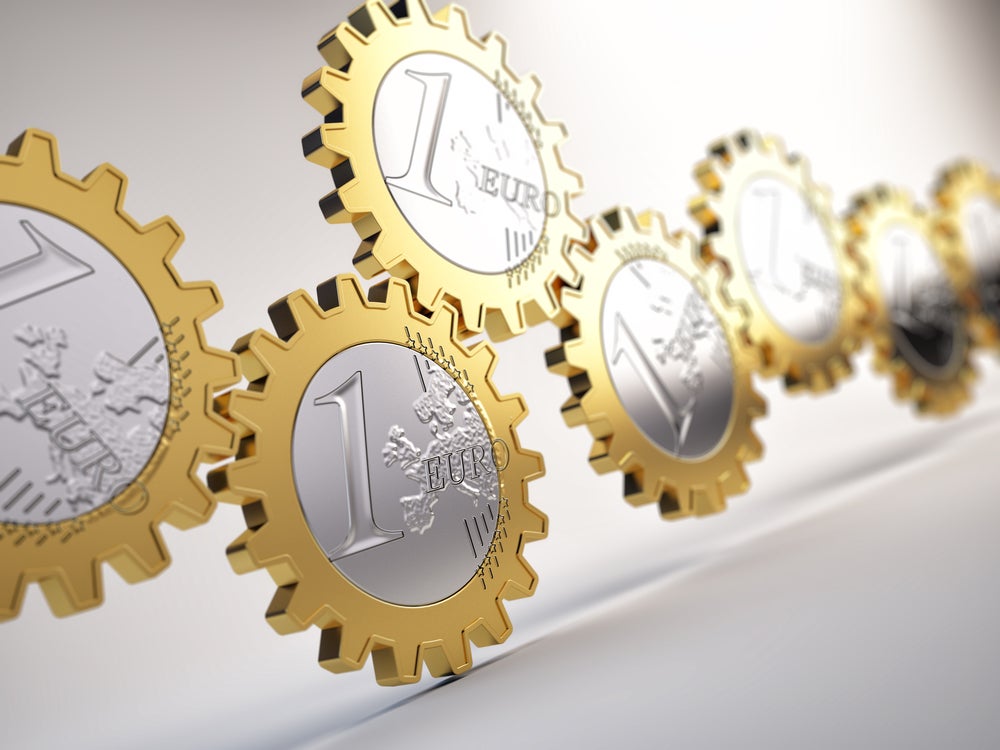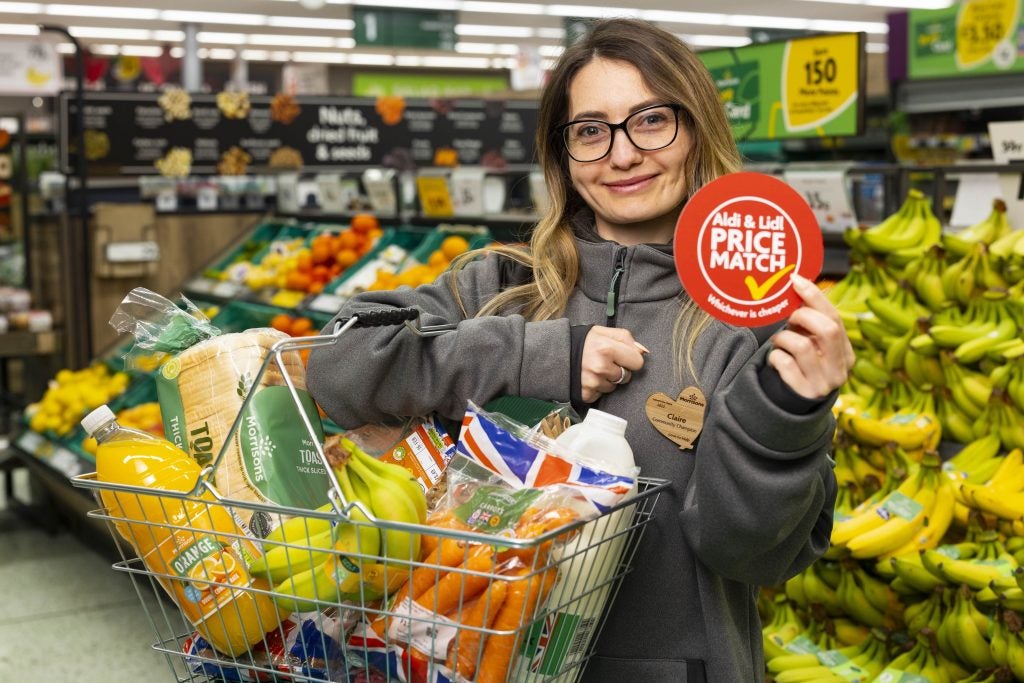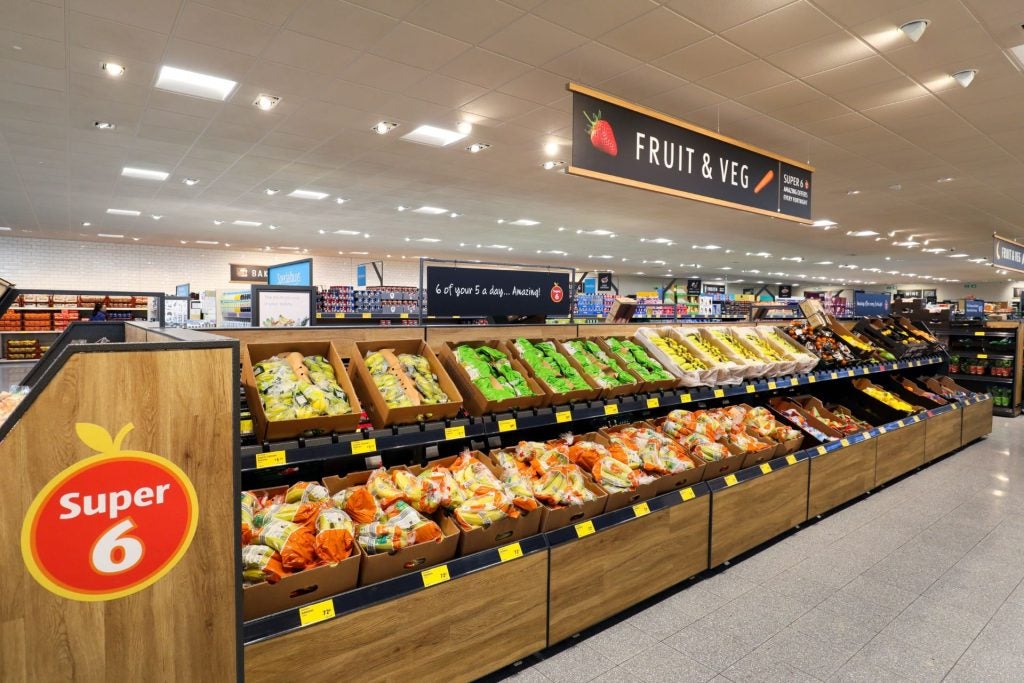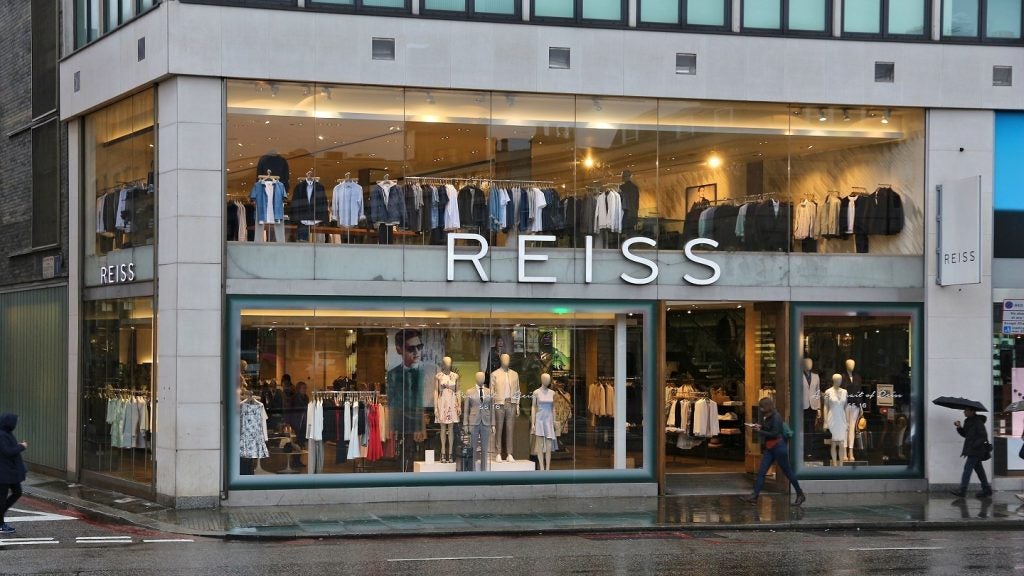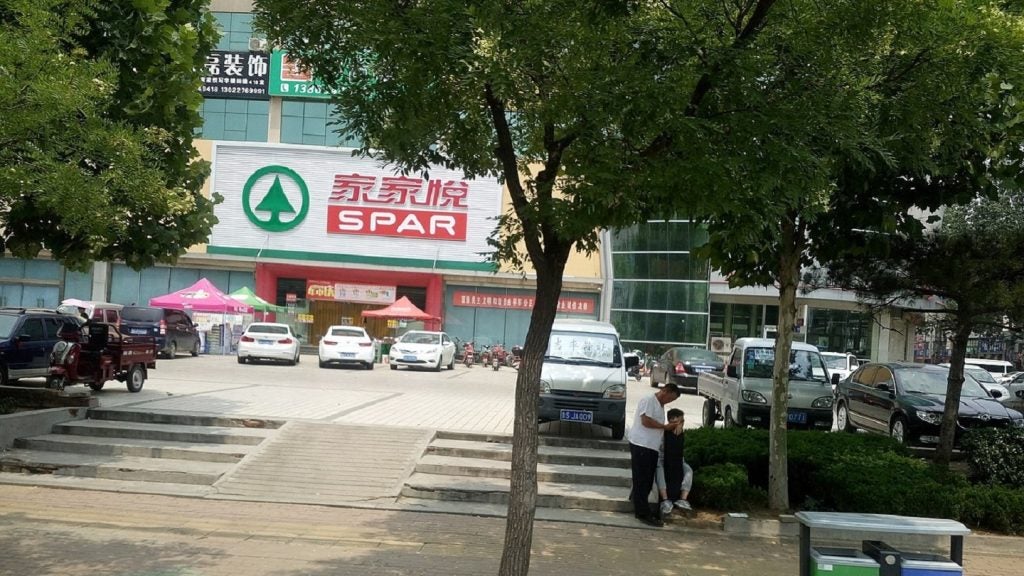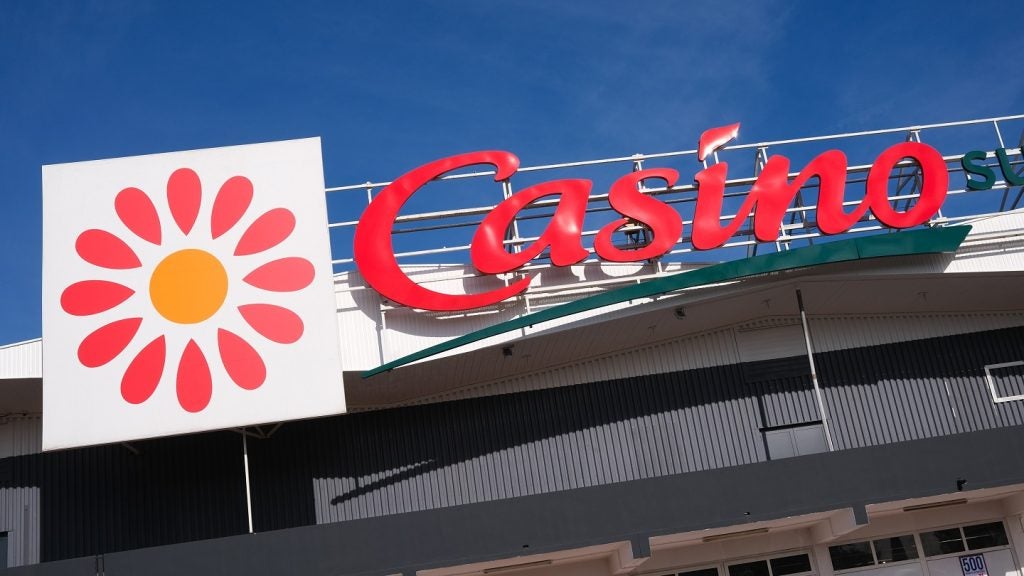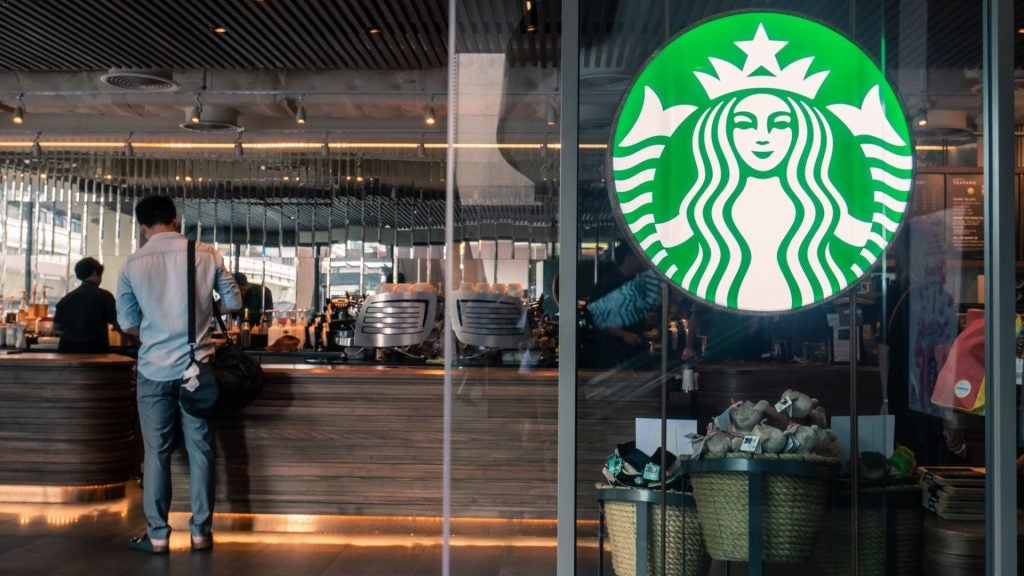Representative organisations from the retail and wholesale sector EuroCommerce have headed a summit to discuss the state of the industry and its role in the EU’s competitiveness.
Retailers and wholesalers can help to deliver Europe’s ambitions as the region’s largest private employers, contributing 10% of GDP.
According to EuroCommerce, the EU’s competitive potential on the global stage hinges on a fully functioning Single Market and consistent policymaking.
EuroCommerce president Juan Manuel Morales explained: “We represent huge potential for delivering solutions on key objectives, such as the EU Green Deal and the successful uptake of a digital euro. To do this, however, we need a more inclusive, partnership approach towards policy making, involving all relevant stakeholders.”
The retail and wholesale sector can also help achieve Europe’s sustainability goals, as 40% of the region’s greenhouse gas emissions are in the industry’s value chain. The sector controls fewer than 5% of these and is committed to reducing scope 3 emissions [those not produced by the sector itself or by activities or assets it owns or controls, but in its value chain].
But major obstacles remain to such collaboration. Morales stated that the retail industry has recently been “submerged by a tsunami of regulation”, citing the commission’s proposal for late payments regulation as a “threat” to flexible payment terms with “potentially catastrophic consequences”.
EuroCommerce believes that the starting point for any new policy initiative should always be to first ensure a sound understanding of the sector being regulated and of its role within the value chain.
Director General Christel Delberghe concluded: “We are a sector with a lot to offer, amid a massive talent, sustainability and digital transformation. We support the EU's objectives, but we also need a fully functioning Single Market and a practicable and coherent policy framework to maximise our contribution to the EU’s competitiveness and sustainable growth agenda.”


